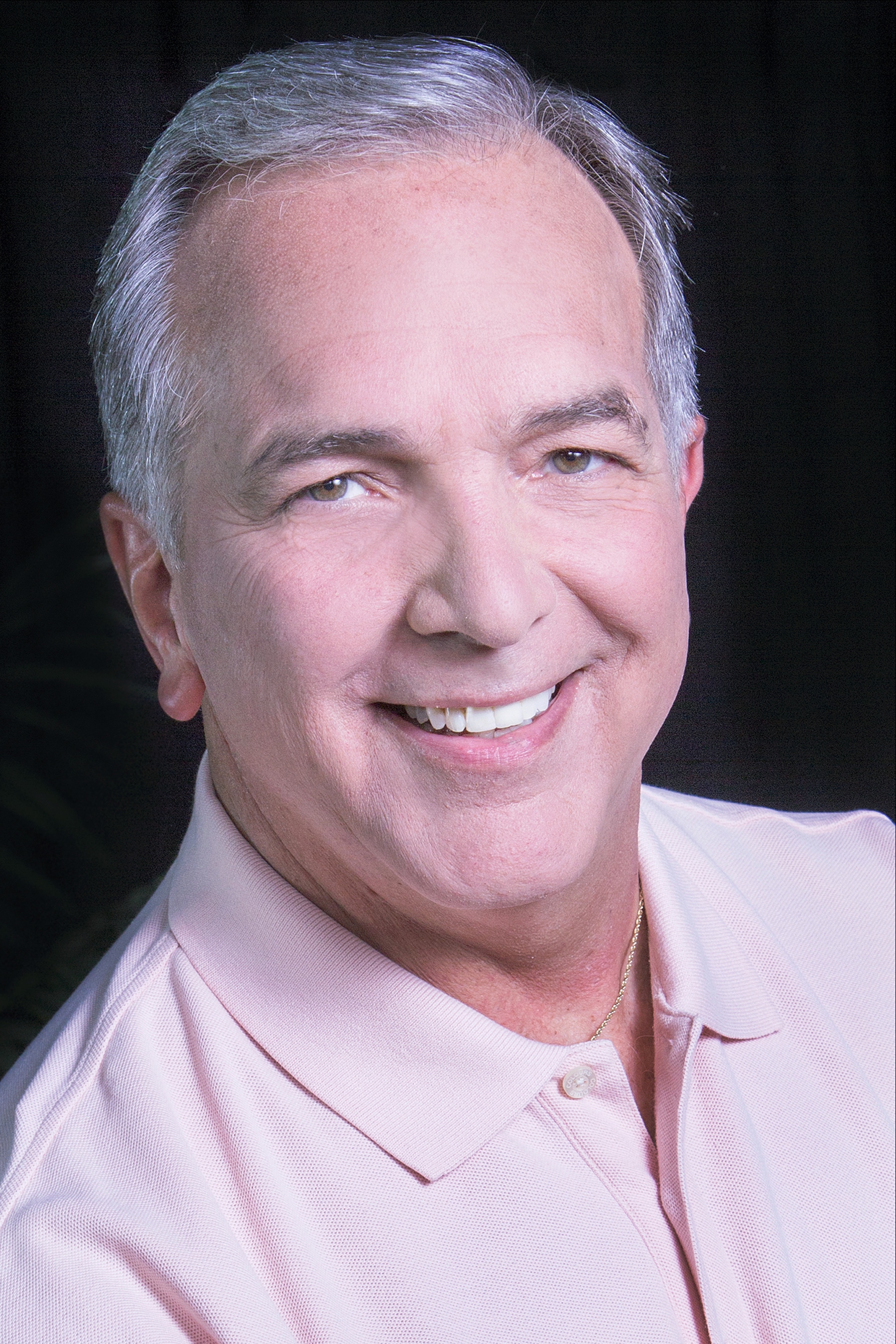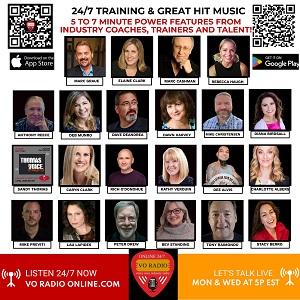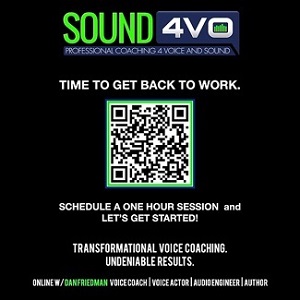|
VOICE ACTING So Now The Voice Over Audition Seeks An 'Ambiguously Ethnic Voice.' Say What? April 1, 2015  By Dave Courvoisier By Dave CourvoisierVoice Actor & TV News Anchor There’s a new, cryptic request showing up in auditions now. Have you see it, too? Really? "Ambiguously ethnic”?"We’re looking for some African American voices, or ‘ambiguously ethnic voices.'" You know what this reminds me of? An interview I saw with Tom Hanks when his movie The Terminal came out. You’ll remember Hanks played the role of a traveler caught in customs limbo when his fictional Eastern European country collapsed in political chaos, and his character’s nationality came into question. Hanks explained in an interview that he arrived at the character’s accent by throwing together a polyglot of ethnicities based on a distant foreign relative, combined with a generic "Slovakian”-derived speech pattern. UNAMBIGUOUSLY RACIAL Don’t even get me started about the call for "African-American” voices. That’s so blatantly racial, or reverse-racial that it blows my mind. So if "announcery” is of the devil, and "conversational” is no longer de rigeur - then is "ambiguously ethnic” our new target as commercial voice actors? That direction is so…er….uh…ambiguous…that it leaves no room for definition. In theory, ANYTHING would meet that standard. I think I’ll mix a little Costa Rican Spanish with some Irish, and add a Pakistani flourish. Yeah! THAT should do it. Will somebody please comment on what "ambiguously ethnic” accent worked for them on these audition calls, and at least we’ll have an idea of what to shoot for? --------------------- ABOUT DAVE
Dave Courvoisier is an Emmy Award-winning broadcaster, writer, producer, voice actor, and the main weeknight news anchor on KLAS-TV, Channel 8, the Las Vegas CBS affiliate. He also writes Voice-Acting in Vegas, a daily blog of voice over adventures, observations and technology. Email: CourVO@CourVO.com Web: http://www.courvo.com Blog: http://www.courvo.biz Twitter: http://twitter.com/courv |
|
|
Inspiring interviews help your VO career
On Michael Langsner's Voice-Over Roadmap Podcast
For essential voice-over business strategies
Get your bi-weekly dose here ... all things VO!
As of the NEW website launch, 03/22/2012









.png)
The euphemism for AA and Latino voices nowadays is "urban." You can ask an African American talent to do a "non-urban" read--where he sounds white. Is that racist? Maybe. But it's a reality of casting. And 9 times out of ten, I can tell the difference between an AA voice and a white one, NOT because of accent or because they are being stereotypically "black" but because there is a difference in timbre, cadence, and intonation.
James Earl Jones is a perfect example--I can tell he's not white, just by listening to him, even though he doesn't have a "black" accent. And just because you can do a Costa Rican accent doesn't make you sound authentically Costa Rican.
Right now, I'm looking for a talent who do an urban street voiceover. They have to sound authentic, so I'm not looking for a midwestern white males, or a supermarket mom. It may stereotyping, but I think it's going a bit far to call it racism. It's the reality of casting.
Most of the folks I know in the business, whether black or white, lost their localized accents and cultural colloquialisms in order to get into the VO business in the first place. If they want to put it back to take on these roles, more power to them. I wouldn't embarrass myself by trying.
My two cents on this are from also seeing a lot of on-camera stuff where the new buzzword is 'multiethnic' - they want to kill as many birds as possible with one stone - one black, hispanic, asiatic native American mix can fill up an entire diversity portfolio.
I think that's what VO people are looking for - no idea how there are going to find it - most multiethnic people I know talk like me.
"Ambiguous" is EXACTLY how I would describe this "direction" request!It Sounds like one of those, "I don't really know what I want, but I'll know it when I hear it" calls. Sometimes the product can clue you in, other times you're just flyin' on instruments (if you're lucky - flyin' blind if you aren't). Speaking of African-American voices, I recall an interview with Dave Fennoy, where he averred that he can spot an African-American voice every time, regardless of regional accent or level of elocution.